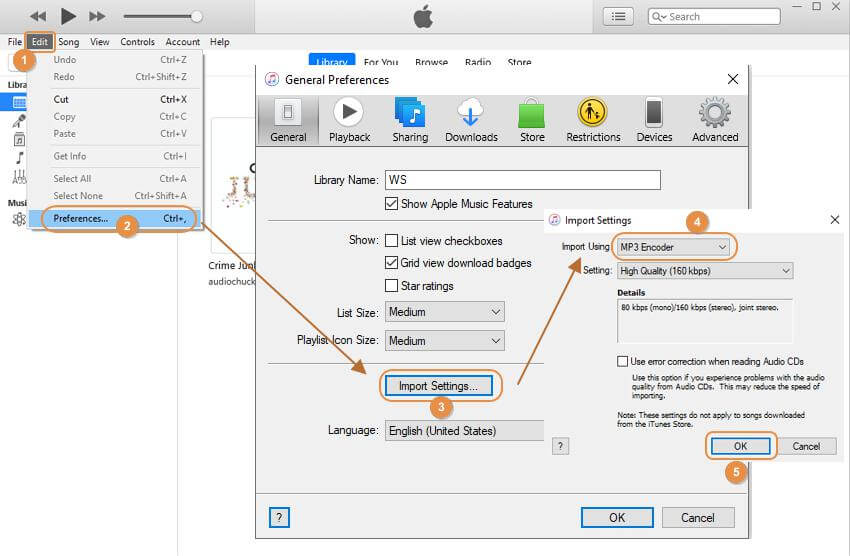
The invention of the MP3 format and its integration into iTunes has undoubtedly revolutionized the way we consume music. MP3 files allowed for digital music to be compressed and easily transferred, leading to the rise of file-sharing and digital downloads. iTunes, introduced by Apple in 2001, provided a legal platform for purchasing and managing music in digital form. Together, MP3 and iTunes have transformed the music industry, enabling listeners to access and collect music with unprecedented convenience. In this article, we will delve into the history and future of MP3 and iTunes downloads, exploring how they have changed the way we experience music and what potential developments may lie ahead.
The evolution of digital music has been a fascinating journey, with mp3 and iTunes downloads playing pivotal roles in revolutionizing the industry. In this article, we will explore the history and future of these technologies.
The rise of mp3
The concept of digital audio has been around since the 1970s, but it wasn’t until the mid-1990s that mp3 technology began to gain traction. The mp3 format allowed users to compress large audio files into smaller sizes without sacrificing quality, making it easier to store and share music online.
The introduction of Napster in 1999 was a game-changer for digital music. This peer-to-peer file-sharing platform allowed users to share and download mp3 files for free, leading to a surge in online music piracy. However, this also demonstrated the potential for digital music distribution on a massive scale.
In response to the changing landscape, major record labels began to offer legal mp3 downloads through various online platforms such as Apple’s iTunes Store, Amazon, and Spotify. By 2012, digital music sales had surpassed physical album sales, marking a significant shift in consumer behavior.
iTunes and the digital music market
One of the biggest players in the digital music space is Apple’s iTunes Store, which launched in 2001. Initially, iTunes offered individual track downloads at $0.99 apiece, a pricing model that became the industry standard.
Over time, iTunes expanded its offering to include full albums, podcasts, and audiobooks. It also introduced features like Genius recommendations, which created custom playlists based on user listening preferences.
The success of iTunes changed the game for digital music consumption, making it easier and more convenient than ever before. It also paved the way for subscription-based streaming services like Apple Music and Spotify, which have further disrupted the industry.
The future of digital music
As technology continues to evolve, so too does the digital music landscape. Streaming services have become the dominant form of music consumption, with many consumers opting to pay for access to vast libraries of songs rather than purchasing individual tracks or albums.
Artificial intelligence and machine learning are also playing an increasingly important role in digital music, helping users discover new artists and genres based on their listening habits. Voice-activated assistants like Amazon’s Alexa and Apple’s Siri are also making it easier to play and control music with simple voice commands.
Conclusion
Mp3 and iTunes downloads played a crucial role in revolutionizing the digital music industry, paving the way for the streaming services that dominate today’s market. As technology continues to evolve, it will be exciting to see how digital music consumption evolves along with it. One thing is certain: the way we listen to music will never be the same.
